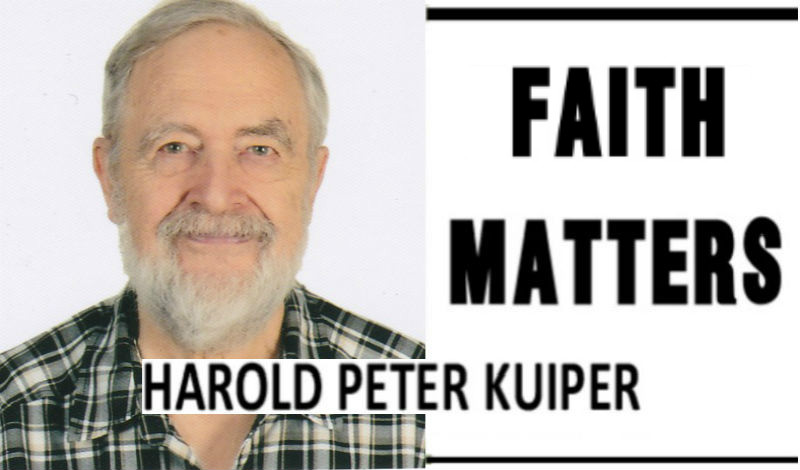I have paused my series, healing, to share a favorite poem.
I’d like to pass on to you one of the most profound and beautiful poems about seeing God I’ve ever read, by a R. C. priest, Fr. John Shea, called:
“God.”
You are what we have but cannot hold,
what we dwell within but cannot domesticate,
a home with unexplored rooms,
a foreign land with warmth.
God, host to the highways and byways,
exit of hope in every dead end,
we call you the father of forgiveness.
—Now I’ve hear tell of a father
whose wealth rolled down his arms
into the twenty fingers of his two sons.
One took it and ran.
One took it and stayed.
The father waited,
his arms sonless at his side,
till the last of one day
showed the shadow of the lost one
and the old arms, flung out in front,
ran upon the runaway.
And then from the house of music
a second time his arms reached out
to the one hardened on the hill of forgiveness,
the one with no party in his soul
to hold him in joy
and whisper him welcome.
You are a patriarch without ceremony,
a father of arms only
whose feasts made sons and daughters
of the hired hands
and who cuts short the complaint,
“I have slaved for you,”
with “All I have is yours.”
To call you father
is to inherit your prodigal love
and to suspect
that the last black hole of the last galaxy
is not a barren, howling tunnel
but a room with a fireplace and chair,
and the dry, full burgundy of home.
. . .And then
the tree without leaves
and the nails turned against the carpenter
and the second opening of Adam’s side.
The last image,
Strange God,
is the broken one.
Drag, then, people
the fat god of the sky
to the perpendicular arms of pain
and know
no death goes unnoticed.
Drag, then, people
the helmeted god of sharp teeth
to the man without armor
and know that love is always vulnerable.
. . . O God
as close as breath and blood
yet as far as lasting peace!
O God,
arriving at every moment
yet ever delayed!
O God,
the look of love in every face,
yet faceless yourself!
Once on a winter shore
when I turned from the sea
for no other reason
than its cold majesty
dulls desire,
and saw down the sand
one long lost from sight
but never far from soul—
in that moment
I knew you simply
as the first person to
breathe knew you
and the way the last person ever
to breathe will know you,
“O my God!”














